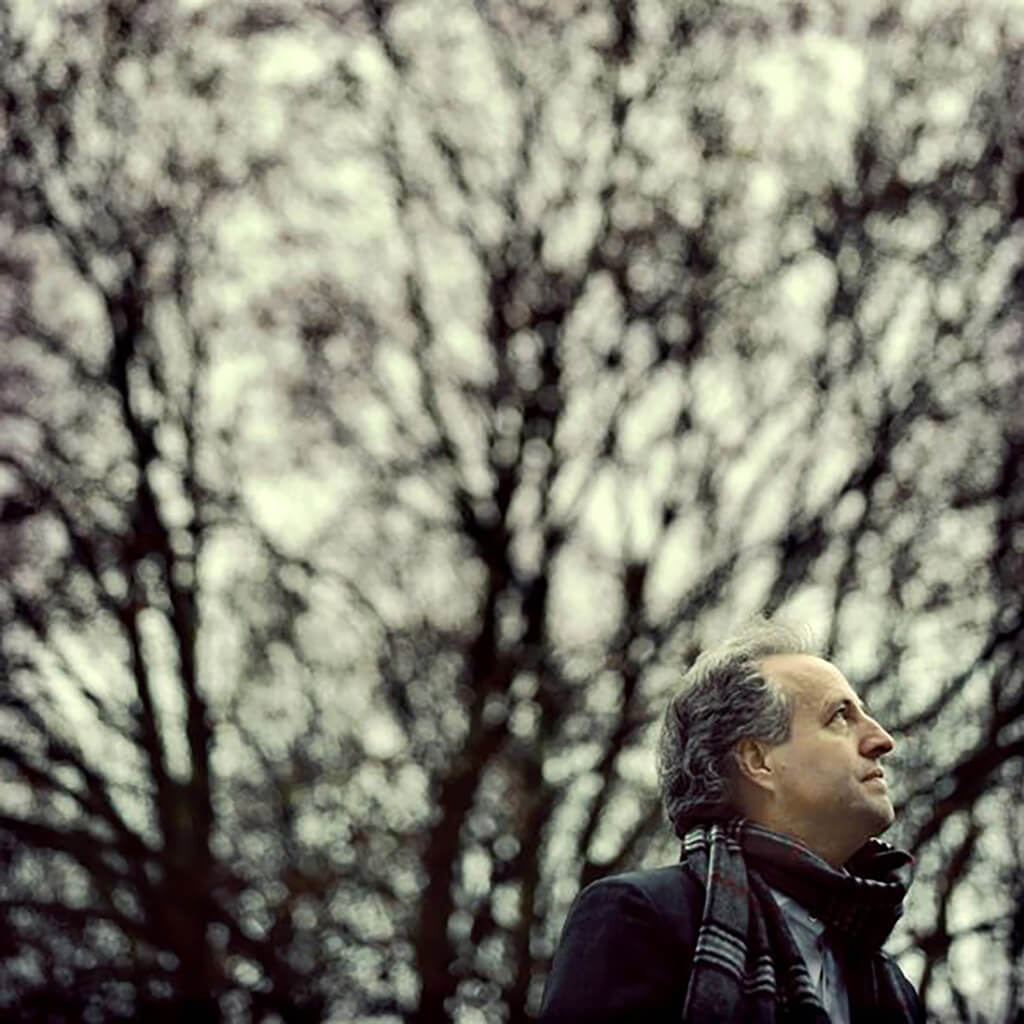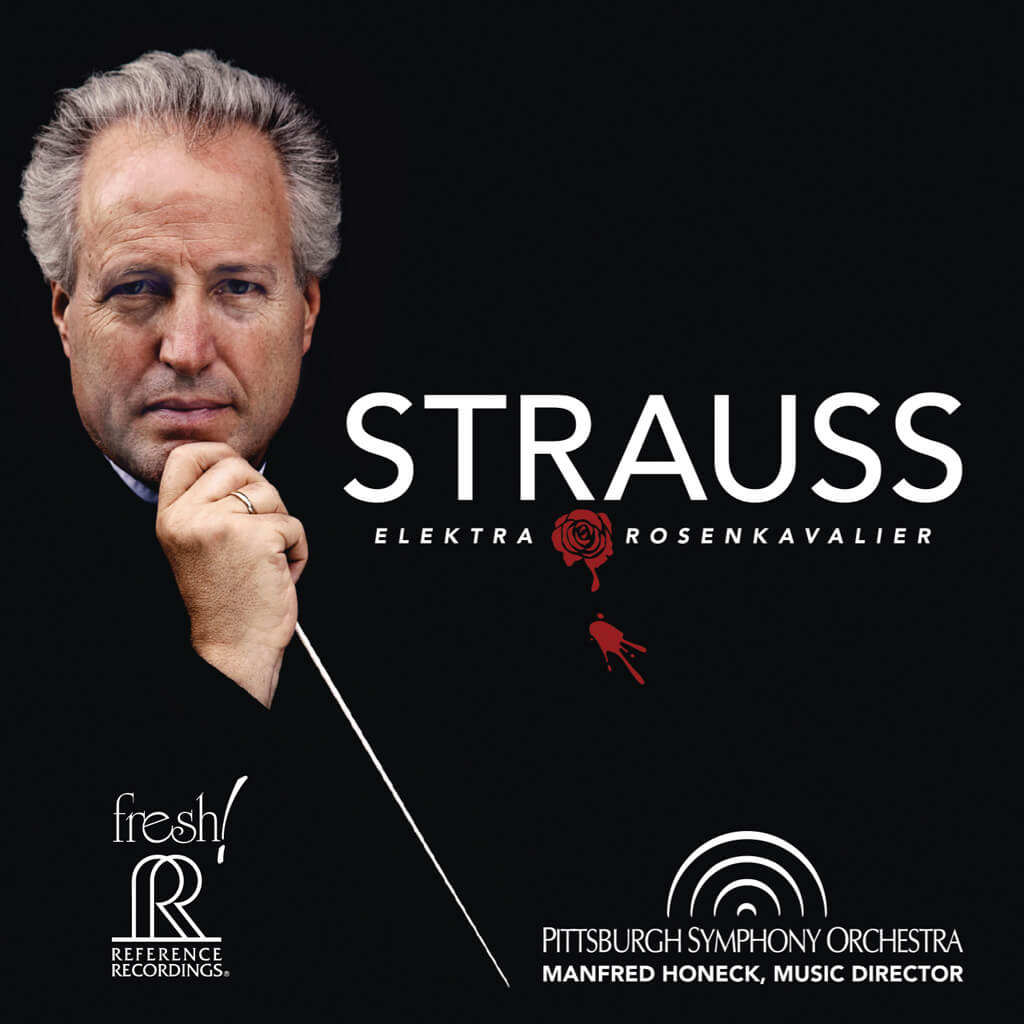
Pittsburgh, Pennsylvania is often called “Steel City,” a nickname based on its great history of steel manufacturing. When global competition eventually caught up with it in the 1980s, many of its steel mills began to close. In the decades since, Pittsburgh has re-created itself with a wide diversity of major businesses and its once-crumbling downtown is now a vibrant hub of business and entertainment. The Pittsburgh metropolitan area totals about 2.6 million people of many different ethnic backgrounds. Recent surveys have consistently listed Pittsburgh as one of the most liveable cities in the world.
I recently enjoyed a powerful reminder of Pittsburgh and its history in the remarkable film Fences, based on a play by August Wilson (1945-2005), one of ten which comprise “The Pittsburgh Cycle”. Wilson grew up in the city and has offered unique insight into his community, and its people, especially those who live in African-American neighbourhoods.
The Pittsburgh Symphony (PSO) is one of the glories of the city’s cultural life. Its list of music directors reads like a who’s who of major conductors:
- Otto Klemperer (1937-38)
- Fritz Reiner (1938-48)
- William Steinberg (1952-76)
- Andre Previn (1976-84)
- Lorin Maazel (1984-96)
- Mariss Jansons (1996-04)
- Manfred Honeck (2008- )
But this past year has been a troubling one for the orchestra. The musicians went on strike for 55 days and eventually settled for a pay cut of 7.5%. The good news is that they settled on a 5-year contract, and by the end of that term their base pay should be back to where it was before the strike.
Under Manfred Honeck, the PSO has attracted widespread attention for the quality of its playing and the charisma of its conductor. An ongoing series of CDs for Reference Recordings is helping to spread the word. This newest CD, which is devoted to the music of Richard Strauss, also shows Honeck’s interest in creating symphonic suites from great operas. He has already created and recorded suites from Janáček’s Jenufa (RR FR-710SACD) and from Dvořák’s Rusalka (RR FR- 720SACD). In each case, Honeck has selected the excerpts to be included in the suite, and composer Tomáš Ille has done the work of putting them together with appropriate cuts and transitions.

In his notes for this new CD, Honeck tells us that he played in the Vienna State Opera Orchestra for Claudio Abbado’s legendary performances of Strauss’ Elektra in the 1980s. That experience gave him a realization of just how original and complex this score was, and also of how important the orchestra was to the success of the opera: “it is the orchestra that plays the leading role.”
About 34 minutes long, the Elektra Suite touches on all the high points of the opera. Honeck conducts it with fire and authority, and the musicians respond appropriately; this is exciting music-making. I do, however, wonder whether the music inspires consistently compelling listening minus the voices and stage pictures. Although Elektra has a few good tunes, they alone do not make for an engrossing suite. Not to mention that much of the music is deliberately ugly and unsettling, as the libretto requires.
By contrast, the suite conductor Artur Rodzinski compiled from Der Rosenkavalier works splendidly. Most people know the big tunes by now and love the waltz rhythms. The orchestral version of the glorious trio from the end of the opera, although infinitely better with voices, is a wonder to behold even without them, and its climax is one of the supreme moments in the classical music repertoire.
Although I did enjoy hearing orchestral excerpts from Elektra so well played and conducted, I doubt that this new suite will be programmed for performance by many other orchestras and conductors. Why? It is very difficult to play well; the music would likely be unfamiliar to many audiences; and the piece does not stand on its own, apart from the opera.
The Der Rosenkavalier suite, on the other hand, is always welcome and Honeck and the PSO have done it proud. Dirk Sobotka and Mark Donahue from Soundmirror have given the performances glorious recorded sound. Incidentally, I notice that Noah Bendix-Balgley is listed as “Guest Concertmaster”; in fact, he was the PSO’s permanent concertmaster until he accepted an appointment to the same position with the Berlin Philharmonic. It appears that he returned to Pittsburgh to take part in this recording in May 2016, as the leader of his “old” team. Good for him.
Incidentally, Pittsburgh, an easy 5-hour drive (510km) from Toronto, is well worth a visit! Enjoy a performance by the PSO in Heinz Hall, some fine dining, and explore a city rich in tradition and culture.
For more RECORD KEEPING, see HERE.
#LUDWIGVAN
- SCRUTINY | TSO Lets Berlioz Do The Talking In Season Opener - September 21, 2018
- RECORD KEEPING | Even Yannick Nézet-Séguin Can’t Make Us Love Mozart’s La Clemenza di Tito - September 6, 2018
- RECORD KEEPING | Giovanna d’Arco With Anna Netrebko Explains Why The Best Operas Survive - August 30, 2018



